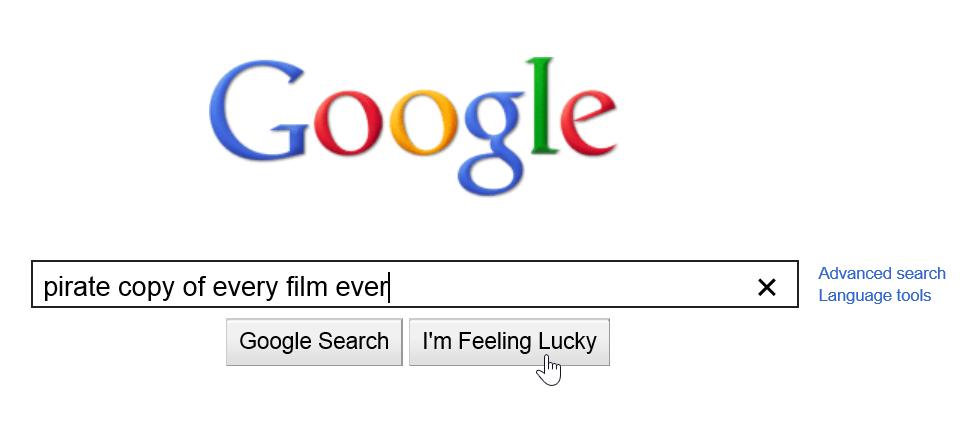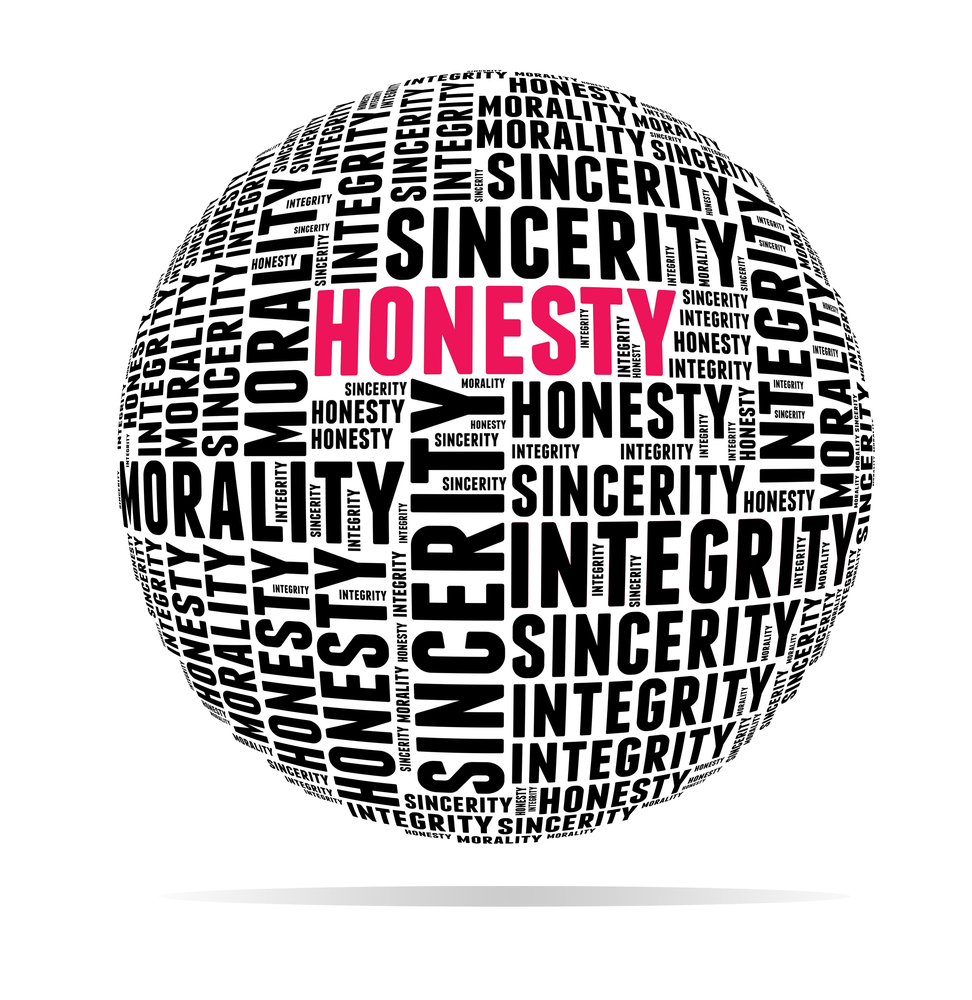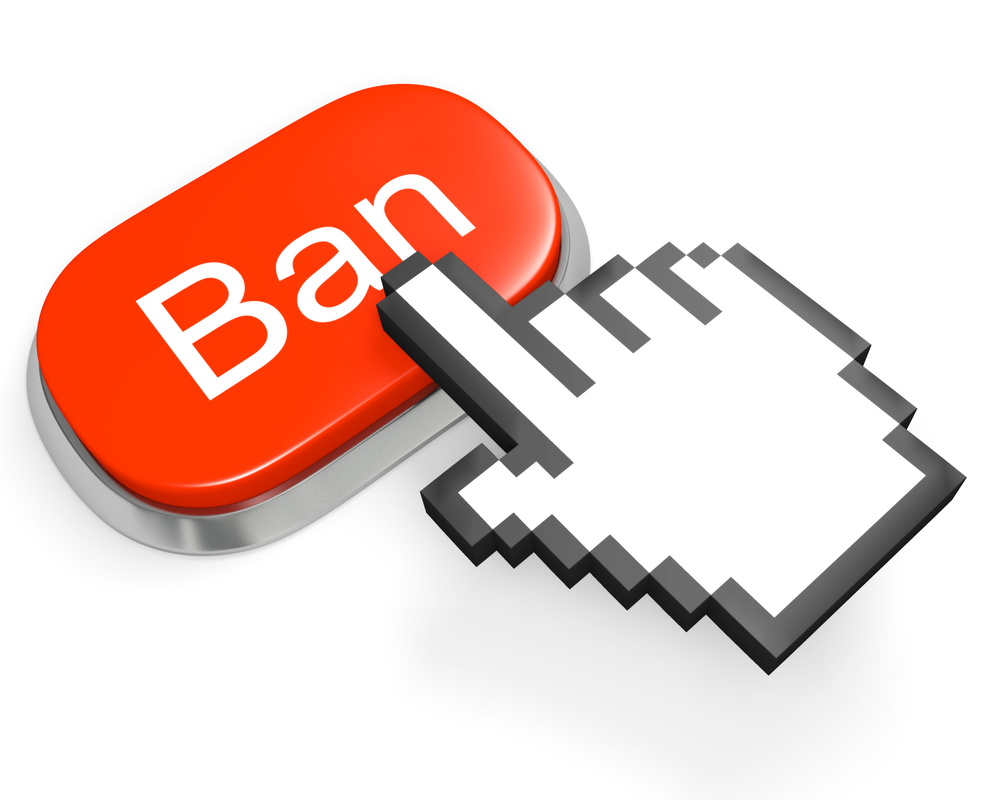
Japanese court fines Apple ¥330 million in click wheel patent case
Apple is ordered to pay ¥330 million ($3.3 million) to Japanese inventor Norihiko Saito after a court ruling.
The case refers to the click wheel controller used on iPod Classics since 2004. The court heard that Mr Saito's company held a patent for the technology dating back to 1998.

New York State drivers to get cell phone texting zones
Distracted driving is not a new phenomenon. Even before cell phones, drivers could be seen putting on make-up, shaving and eating during their daily commute. However, the cell phone and ultimately text messaging has seemingly exacerbated the dangerous practice. You see, according to New York State Governor Andrew Cuomo, there has been "a 365 percent increase in tickets issued in summer 2013 compared to summer 2012 for distracted driving".
In an effort to reduce this, the Governor explains, "in addition to tougher penalties, new detection methods for State Police and ongoing public outreach efforts, we are now launching special Texting Zones to allow motorists to pull over and use their phones. These Zones will be identified with signs along the Thruway and State Highways, reminding drivers that there is a nearby opportunity for them to legally and safely use their phone. With this new effort, we are sending a clear message to drivers that there is no excuse to take your hands off the wheel and eyes off the road because your text can wait until the next Texting Zone".

The most popular stories on BetaNews this past week -- September 15-21
Apple stole the limelight from just about everyone else this week. The big news was, of course, the release of the iPhone 5c and iPhone 5s. Just about as soon as online orders opened up, delays in shipping started to lengthen; Joe was somewhat skeptical about the limited supplies.
Before the new hardware hit the stores, iOS 7 was released to mixed reviews -- I hated it, Wayne loved it. A couple of security holes were found in the operating system including one that allowed for Siri to be used to post messages and access phone details even on locked handsets. There was also a new iOS 7 inspired look for iCloud and the addition of a bookmark syncing option.

Motion Picture Association of America blames Google for online piracy
Piracy is a problem, a big problem. A few days ago I wrote about the consequences of piracy and the fact that it is far more than just the copyright holder who is affected. While I believe that piracy should be viewed as something other than theft, it is obviously still wrong. The label "wrong" sounds almost belittling, but there are few people who would deny it is an issue that needs to be tackled.
The obvious targets when cracking down on piracy are the people who are illegally downloading music, movies and software they are not entitled to, but this does not really nip things in the bud. Piracy is a very complex issue, and as with any complex issue a scapegoat is needed. The Motion Picture Association of America is understandably keen on stemming the flow of illegally downloaded films and it is pinning the blame, at least partly, on Google.

LinkedIn throws its hat into the ring -- wants to be more transparent
It seems that every online company is in a sharing mood at the moment. Facebook has already come clean about the data requests it has received from the US government, Microsoft wants to tell us more and Google is really keen on the idea. The latest company to express concern about the restrictions on reporting about government data requests is LinkedIn.
In a "Letter to the LinkedIn community", Vice President, General Counsel, and Secretary of LinkedIn, Erika Rottenberg, not only announces the publication of the social network's Transparency Report for H1 2013, but also expresses "great disappointment and frustration" at the limitations on what can be reported. Rottenberg reveals that she has written to the FBI to ask that LinkedIn be permitted to release additional data about requests that have been made.

Piracy isn't theft… but its effects are wide and far-reaching
Philip Pullman -- UK author of His Dark Materials and Golden Compass fame -- is upset. In a column for the Index On Censorship he bemoans the invention of the Internet as a vessel that makes the lives of thieves easier, saying that piracy is theft "as surely as reaching into someone’s pocket and taking their wallet is theft".
Often, the argument against piracy is a slightly odd one. For many people it is a simple black and white affair -- it's not yours, and if you take it without paying for it you are stealing. But for others, online piracy -- be it movies, music or software -- is not tantamount to theft. It is the ethereal, non-physical nature of these types of goods that seems to bring about confusion.

Google loses appeal in Street View Wi-Fi collection case -- right or wrong?
Google faces claims for damages from people who had personal data collected from their wireless networks as the company gathered information for its Street View service. Google had previously claimed that emails, usernames and passwords had been collected unintentionally, but the appeal ruling means that the company is not exempt from liability under the federal Wiretap Act.
Back in 2010, Google admitted that data such as network SSIDs and MAC addresses were collected along with photos. In this blog post the company denied that it pulled "payload data" (essentially the data that is being sent over the networks) but it was later revealed that "Google did indeed collect (and store) this information from unencrypted Wi-Fi networks". A full report is available to read online. Google was required to delete this data, and indeed did so.

Google files amended transparency petition in push to publish FISA order details
Google's unofficial motto has long been 'do no evil' and the company is keen to be seen to stick to it. Jumping into bed with Nestle may have raised a few eyebrows and rattled a few cages, but in a blog post, Richard Salgado, Director of Law Enforcement & Information Security, and Pablo Chavez, Director of Public Policy and Government Affairs show the search giant is eager to stay on the right side of customers.
Google has filed petition in the US Foreign Intelligence Surveillance Court asking that they be allowed to publish details of FISA orders. The petition is very similar to others that we have seen in recent months in the wake of the NSA surveillance revelations, and is really just a follow-up to the We Need To Know letter from back in July in which a number of leading companies wrote to, amongst others, President Obama to "urge greater transparency around national security-related requests".

F*@K me! Nominet may block 'offensive' words in domain names
You know how the internet is meant to be one of the few remaining forums in which you’re free to speak your mind? That could be set to change in a slightly concerning way. You might think that if you have your own website you're free to say pretty much whatever you want (legality providing), but the UK's domain name registry, Nominet is looking into the possibility of blocking offensive words from domain names.
Perhaps the first question to ask here, is "who decides what is offensive?", and Nominet is not only reviewing its domain registration policy but also asking for input from the public. In its review document, Nominet explains that until now it has "intentionally taken a non-restrictive approach to the words and phrases that may be used in a domain name". The organization goes on to say that it has not "made any value judgement as to the use to which domains are put, or whether they might be offensive or in poor taste" but cites the Republic of Ireland and China as examples of countries in which some restrictions are in place.

The most popular stories on BetaNews this past week
Looking at the biggest stories on BetaNews from September, 1 - 7, 2013. This was a week packed with news from IFA in Berlin -- lots of big announcements to whet our appetites for the coming months. LG's G Pad was revealed as a potential competitor to the Nexus 7 and iPad mini, while Acer was found to be proudly showing off its new R7 notebook complete with innovative Ezel hinge that allows for a range of working positions.
IFA was also where Samsung unveiled the Galaxy Note 3 as well as the Galaxy Gear smartwatch which will allow us all to live out our Star Trek dreams. It wasn't long before Note 3 pre-orders were being taken. If you've noticed that phones are getting bigger and bigger, the same is certainly true of tablets -- the Panasonic Toughpad 4K is a staggering 20 inches from corner to corner.

Judge bars Apple from price-fixing deals with ebook publisher
Apple says it will appeal against a court ruling that bans the company from entering into deals with publishers that could allow ebook prices to be fixed or inflated. The case was raised by the Department of Justice and judge Denise Cote's decision is very much in line with what they were seeking. The Cupertino, Calif.-based company is banned from entering into agreements with five named publishers in ways that might restrict ebook prices.
Having been found to have conspired with publishers to prevent retailers (rather than publishers or Apple) from setting ebook prices, Apple fell foul of antitrust legislation. The company is required to wipe out a controversial 'most favoured nation' clause in its contracts that effectively ensure that Apple's ebook prices would always match the lowest price available online. Restrictions are in place for different lengths of time for various publishers, ranging from two years in the case of Hachette, to four years for Macmillan.

5 big myths surrounding computer security and HIPAA compliance
For those in the States, the mad dash to compliance is unquestionably on. After years of taking a "wait and see" approach to Health Insurance Portability and Accountability Act (HIPAA) regulations surrounding medical office technology, healthcare providers (and related covered entities) are scrambling to get their systems and procedures in order. Big Brother has officially set a September 23, 2013 deadline for most new rules that put into place heightened protocols for how patient information (PI) is shared as well as how notifications about breaches need to be handled, among other things.
Naturally, a lot of my consulting clients in the healthcare industry are reaching out for professional help on how to get their IT systems in line as these deadlines approach. One of the biggest facets of the new HIPAA laws, which affects companies like mine that provide hands-on IT consulting, is that for the first time ever we are being considered "covered entities" in the same boat as the healthcare outlets themselves.

Microsoft and Google (don’t really) want to tell you more about government data requests
Sounds nice, doesn't it? Two big names have listened to the concerns of the people that matter -- their customers -- in the wake of the NSA debacle, and want to share more information with the public about precisely what information the government is asking them to hand over. If only it were that simple.
In a blog post on TechNet, Microsoft General Counsel Brad Smith reveals that both Microsoft and Google filed lawsuits back in June to try to force the government to permit them to publish details of data requested under Foreign Intelligence Surveillance Act (FISA) orders. Smith says they [the two companies] believe they have a "clear right under the US Constitution to share more information with the public".

Facebook to pay out $20m to users in 'Sponsored Stories' case
A US judge rules that Facebook must pay out $20m as the Fraley vs Facebook class action draws to a close. The lawsuit was taken out by users of the social network whose pictures were used without consent in "Sponsored Stories" advertisements. While up to 150 million Facebook members were affected, only approximately 614,000 who filed a claim will receive any money.
It’s hardly a massive windfall. The $20m is to be divided not only between the successful claimants, but also used to pay for lawyers and administrative costs. Users will be paid $15 each -- not even enough to buy half of a share in Facebook.

Eisenhower, Snowden and the military industrial complex
Fifty-two years ago, three days before he left office and retired from Washington, U.S. President Dwight D. Eisenhower addressed the nation on television with what he called "a message of leave-taking and farewell, and to share a few final thoughts…"
This came to be called Eisenhower’s military-industrial complex speech and was unlike any other address by Eisenhower or, indeed, by any of his predecessors. You can read the entire speech (it isn’t very long) here, or even watch it here, but I’ve also included below what I believe to be the most important passage:
